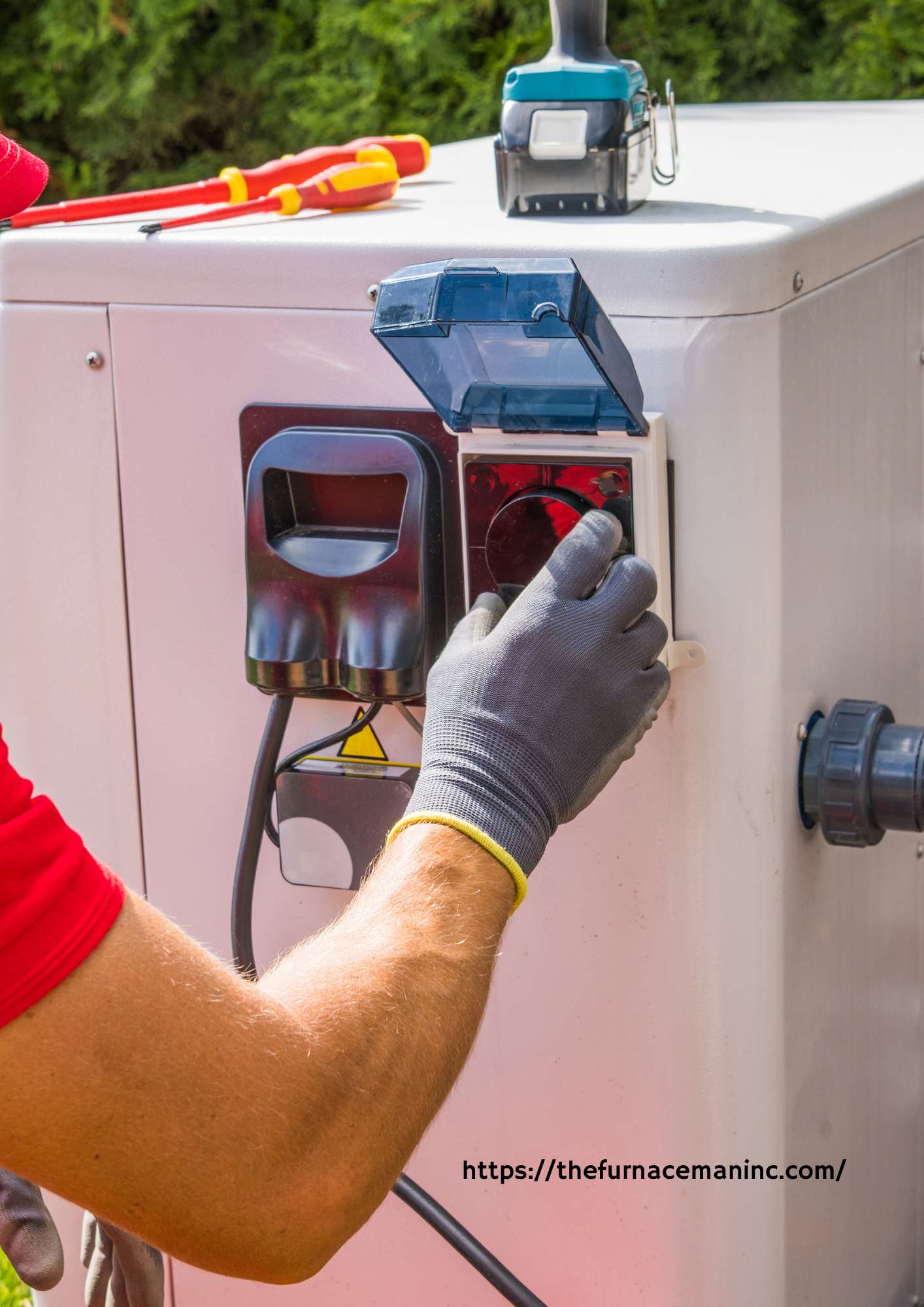Understanding the Contrast: Boilers vs. Water Heaters
When it comes to heating your home or providing hot water, two essential appliances come to mind: boilers and water heaters. While both serve similar purposes, they operate differently and cater to distinct needs. Understanding the differences between boilers and water heaters can help homeowners make informed decisions about their heating systems. In this article, we'll delve into the nuances of each appliance to shed light on their contrasts.
1. **Functionality*
- Boilers: Boilers are primarily designed to heat water, which is then circulated through radiators, baseboard heaters, or radiant floor systems to provide warmth to the space. They are integral components of hydronic heating systems.
- Water Heaters: Water heaters are solely responsible for heating and storing hot water for domestic use, such as bathing, washing dishes, and laundry.
2. **Heating Method*
- Boilers: Boilers typically heat water using gas, oil, electricity, or even renewable energy sources like solar power. The heated water is then distributed throughout the house via pipes.
- Water Heaters: Water heaters use electricity, gas, or oil to heat water stored in a tank. The water is kept at a constant temperature until needed, after which it is replenished and reheated as necessary.
3. **Application*
- Boilers: Boilers are commonly used in colder climates where consistent and efficient heating is required throughout the year. They are ideal for providing warmth to larger homes or commercial buildings.
- Water Heaters: Water heaters are ubiquitous in households worldwide, catering to the everyday need for hot water in kitchens, bathrooms, and laundry rooms.
4. **Size and Installation*
- Boilers: Boilers tend to be larger and more complex systems compared to water heaters. They require dedicated space for installation, usually in a utility room or basement, and involve intricate piping networks.
- Water Heaters: Water heaters are relatively compact and can be installed in various locations within a home, including utility closets, garages, or even crawl spaces. They are typically easier and less expensive to install than boilers.
5. **Energy Efficiency*
- Boilers: Modern boilers boast high energy efficiency ratings, particularly condensing boilers, which recover heat from exhaust gases. They are designed to minimize energy wastage and reduce utility bills over time.
- Water Heaters: Energy efficiency varies among water heaters depending on the type and model. Tankless water heaters are known for their energy efficiency since they heat water on demand, eliminating standby heat loss associated with traditional tank-style heaters.
Understanding these differences is crucial for homeowners seeking furnace repair in the Bay Area or HVAC installation in Napa, CA. Professional HVAC technicians can assess the specific heating needs of a property and recommend the most suitable system based on factors such as climate, budget, and space constraints.
In conclusion, while boilers and water heaters share the common goal of providing warmth and hot water, they operate distinctively and cater to different requirements. Whether you're looking to upgrade your heating system or install a new water heater, consulting with experienced professionals ensures optimal comfort and efficiency for your home.
